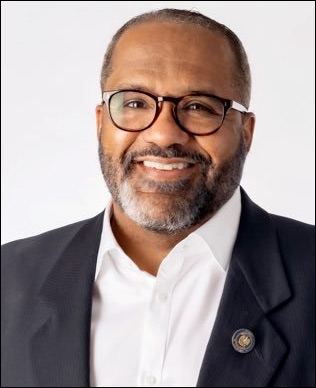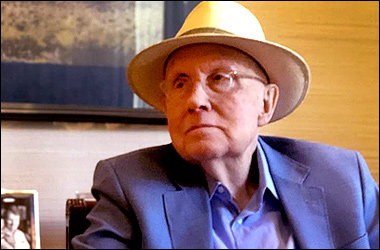
Shontel Brown scored a convincing win in Ohio’s 11th District Democratic primary, virtually assuring her of a special general election victory on Nov. 2.
Aug. 5, 2021 — Primary voters in two Ohio districts, for all intents and purposes, chose replacements Tuesday for resigned Reps. Marcia Fudge (D-Cleveland) and Steve Stivers (R-Columbus).
County Councilwoman and Cuyahoga County Democratic Party chair Shontel Brown scored a convincing win in the 11th District Democratic primary, virtually assuring her of a special general election victory on Nov. 2 in a seat that is safe for her party. Ohio Coal Association chairman Mike Carey did likewise in the 15th District Republican primary that occupies much of the Buckeye State’s southern sector.
Despite polling showing Brown trailing former state Sen. Nina Turner but consistently gaining momentum, it was obvious that the winner’s campaign peaked at precisely the right time. With 75,064 people voting in the Democratic primary, Brown scored a 50.2 – 44.5 percent victory. The other 11 candidates split the remaining 5.3 percent.
The 11th District contains most of the city of Cleveland in Cuyahoga County and part of Akron in Summit County. Brown’s Cuyahoga total percentage spread of 50.4 – 44.1 almost exactly mirrored the district-wide vote. Conversely, Turner scored a very tight 48.8 – 40.0 percent plurality in Summit County, a difference of just 54 votes.
Turner, the former national co-chair of the Bernie Sanders for President campaign attracted support from the Democratic socialist movement, including Rep. Alexandria Ocasio-Cortez (D-NY) and the Justice Democrats PAC. She began the campaign as almost a prohibitive favorite, leading by a 50-15 percent margin in a late May Tulchin Research organization survey. Once the final financial totals are known, it will be clear that Turner outspent the winner by a better than 2:1 margin.
Brown, receiving backing from the more establishment-oriented Democrats including House Majority Whip Jim Clyburn (D-SC), the Congressional Black Caucus, and former Secretary of State and 2016 Democratic presidential nominee Hillary Clinton, among others, began to chip away at the former state legislator’s lead about six weeks before the election and made steady gains through the closing period as polling highlighted.
The race’s most recent survey, from the Mellman Group (July 13-17; 400 OH-11 likely voters), gave Turner only a 41-36 percent advantage. A poll generally scoffed at in early July, from the Republican firm TargetPoint, found the two candidates tied at 33 percent. In the end, it was TargetPoint that proved closest to the final mark.
On the Republican side, with just 5,299 voters participating, community activist Laverne Gore was an easy winner, capturing 74 percent support. The Nov. 2 special election is now just a formality in the heavily Democratic district, however, and Brown can count on being sworn into the House toward the end of this year.
In his victory speech, 15th District Republican primary winner Mike Carey gave a large portion of the credit to former President Donald Trump who endorsed him in a crowded field of eleven candidates. “Tonight, the voters of the 15th Congressional District sent a clear message to the nation that Donald J. Trump is, without a doubt, the clear leader of our party,” Carey began his victory speech before his victory party supporters.



